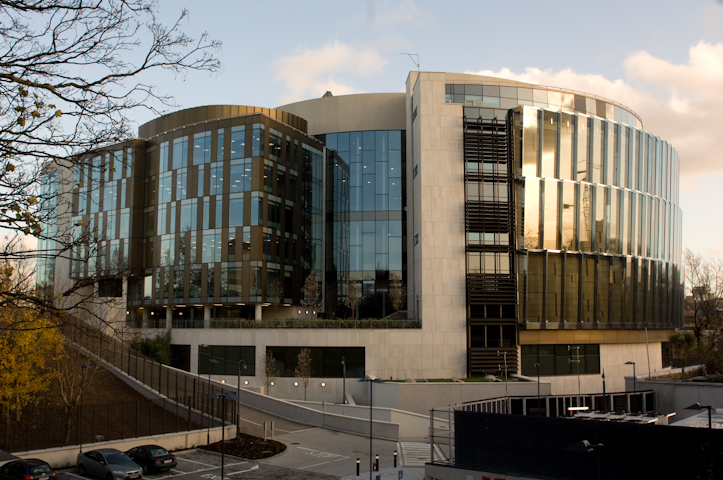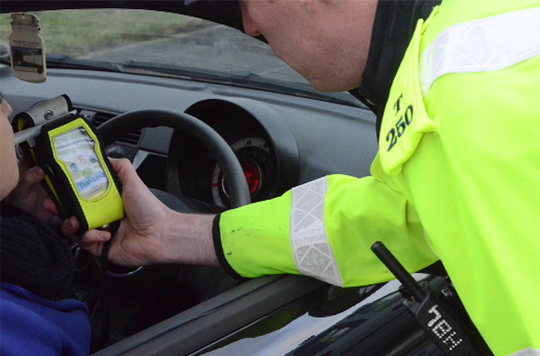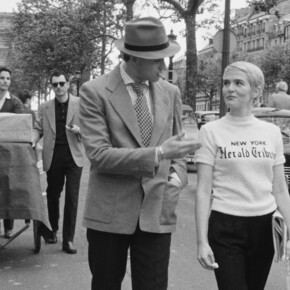Barrister for Irish celebrity accused of defilement suggests to jury they should focus on when the woman told the truth about her age
Padraig Conlon 18 Oct 2023
By Eimear Dodd
Defence counsel for an Irish celebrity accused of the defilement of a 16-year-old girl a decade ago has suggested to jurors that their deliberations should focus on when the woman told the truth about her age.
The man (40) has pleaded not guilty to three counts of engaging in sexual acts with a child under the age of 17 at locations in Dublin on dates between August and December 2010.
The complainant was 16 at the time, while the man was 27.
Continuing his closing speech today, Morgan Shelley BL told jurors that the defence say nothing sexual happened between the man and the complainant before her 17th birthday.
He said it is agreed that the woman initially told the man she was 18 and “the only question is when she began to tell the truth” about her age.
He asked if it is more likely that the conversation about the woman’s age took place in person, rather than by text message.
He said his client recalls the conversation about the woman’s age taking place in January 2011 as it is “timestamped” by when he got braces.
He acknowledged the man accepts the particular restaurant was not open in January 2011 but the “central point is that he remembers the memorable parts of the conversation” including finding out that the woman “had lied about their age”.
He suggested if his client had been “forensic” in conjuring a story, he would have been “careful enough to choose a restaurant open at the time”.
Mr Shelley rejected a suggestion that his client is “taking available information and crafting a convenient narrative”.
He said the man “actively” looked for independent, verifiable” evidence such as the records of the date when he got braces.
Mr Shelley suggested it is “strange” that the prosecution are “relying on text messages or the memory of text messages” from that period, but these texts aren’t available.
“How do you find the prosecution beyond a reasonable doubt in the absence of those text messages?” he asked.
Mr Shelley told jurors they are “making the most important decision you will ever make about someone else’s life based on the recall of someone who was in fifth year 13 years ago”.
He suggested that prosecution case in relation to the first alleged incident is that his client “knowingly committed a really serious sexual offence in a stairwell that he well knew anyone could walk into at any moment” rather bring the woman to his home nearby.
He said the defence say the visit to the man’s workplace took place in January 2011 after he got braces and nothing of a sexual nature happened there.
He said that the woman couldn’t identify the man’s house is “compelling evidence” that she was never there.
He told jurors if they decide the woman was never in the man’s house, then “we don’t need to talk” about the third alleged incident on December 14, 2010 prior to the Deadmaus concert.
He said the woman offered an “unusual” version of events in her evidence and this was the “one time” he put it to the complainant that her account couldn’t be believed.
“I was very careful about not trying to make to a liar out of her. Why she’s wrong is not my concern, I don’t care why she is wrong.”
He said the man “has a cast-iron alibi” and “can prove where he was on December 14”. This should give jurors “pause for thought” about the entire case, he suggested.
He said that the man’s bank statements showing he booked a room in the hotel in June 2012 “proves her recollection of time is totally wrong”.
He said that “the prosecution hinges not only what they said but when” and the hotel is relevant because “she got the timeline wrong”.
Mr Shelley noted that the man and the complainant remained in contact via social media until 2020.
The woman “didn’t say a bad word” about the man in her evidence and was “at pains to point out that everything was consensual”.
He asked the jury to be mindful of the passage of time and imagine if “someone puts you on trial 12 years later on the basis of memory.”
He went on to ask them to “imagine how frustrating it would it be if the main thing that could prove your innocence was gone. We don’t have trial by ambush in this country.”
Mr Shelley told the jury that there is “only one rational result for a man whose life hangs in the balance, a man who will never work again if he is convicted of a crime.
“The prosecution case is that he is a sex offender and that his parents raised a sex offender”.
Mr Shelley asked the jury to find the man not guilty on all three counts.
Judge Pauline Codd has started her direction to the jurors and it is expected that they will begin their deliberations tomorrow/today











